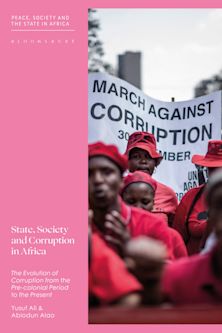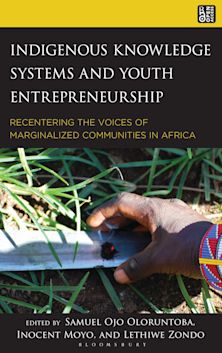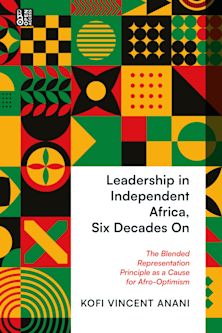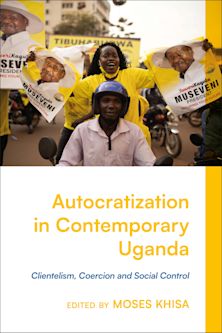The Age of Change
How Urban Youth Are Transforming African Politics
The Age of Change
How Urban Youth Are Transforming African Politics
- Delivery and returns info
-
Free CA delivery on orders $40 or over
Description
An approachable guide to the political, social, and demographic changes happening in Africa and why they matter for the rest of the world.
Africa is undergoing an astounding transformation that will usher in a new era of political volatility and experimentation in the coming years. The region is in the midst of a historically unprecedented demographic surge that has skewed the median age in most countries to below twenty years old. This demographic moment coincides with three factors likely to amplify the political agendas of African youth: rapid urbanization, dramatically increased digital connectivity, and increasing recognition that old political narratives are no longer fit for purpose.
Michelle D. Gavin argues that these clear trends will result in an increase in political volatility. Anti-government movements will continue to find new expression, incumbents will be more vulnerable, honeymoon periods for new leaders will be shorter, and transfers of power and leadership will be more frequent. Citizens frustrated by the status quo will show more willingness to experiment with different forms of government and different external partnerships, all with significant implications for those hoping for a global democratic resurgence.
This book explores growing dissatisfaction and desire for change as the political through line emerging on a diverse continent, and illuminates some of the frustrated, defiant, and often humorous pan-African political conversations underway among young, politically engaged populations. What is coming will be dramatically different from the period of political stagnation that has characterized the past two decades in the region, and that also means that major powers like the United States, Russia, and China that are competing for influence in the region will have to change the way they do business.
Table of Contents
1. Familiar Faces
2. Young, Urban, and Connected
3. Tired Old Stories
4. Camouflage Comes Back in Style
5. Impatient Politics
6. The Status Quo Strikes Back
7. The Outsiders
Product details

| Published | Sep 04 2025 |
|---|---|
| Format | Hardback |
| Edition | 1st |
| Extent | 192 |
| ISBN | 9781538194584 |
| Imprint | Bloomsbury Academic |
| Illustrations | 10 BW Photos |
| Dimensions | 229 x 152 mm |
| Publisher | Bloomsbury Publishing |
Reviews

ONLINE RESOURCES
Bloomsbury Collections
This book is available on Bloomsbury Collections where your library has access.



































